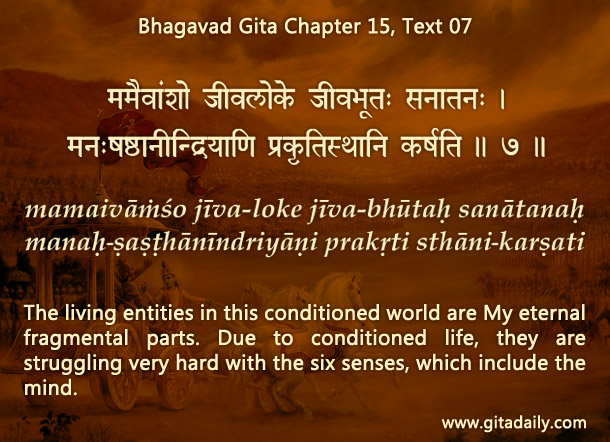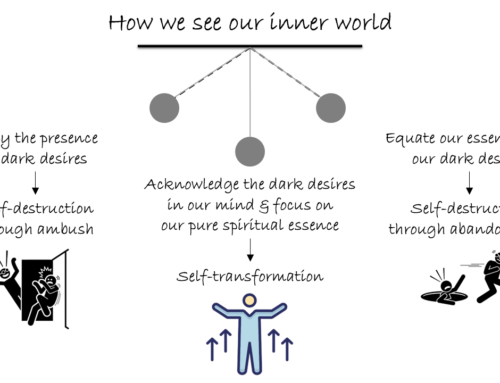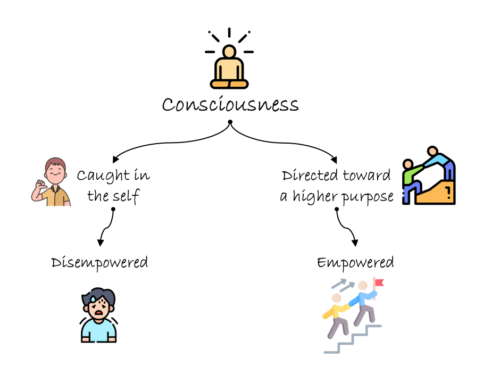We live in an individualistic culture. To understand its positives and negatives, let’s differentiate between two terms: individualism and individuality. Individualism refers to the mindset whereby we make ourselves the center of the universe. In contrast, individuality refers to the attitude that recognizes and asserts our distinctive identity.
What are the results of individualism?
Self-obsession: When we care only about our emotions, our desires, our whims, we become I-specialists. We can’t connect deeply with others. The self becomes a black hole that keeps sucking us in.
Self-destruction: Seeking our own pleasures, we often pander to impulses that become destructive as we indulge in them more and more. If we care for others, we feel responsible for them and to them. That sense of responsibility deters us from self-destructive indulgence. But self-obsession takes away that defense and impels us to self-destruction. Thus self-obsession and self-destruction become a vicious cycle.
What are the results of individuality?
Creativity: We all have certain interests and talents that blend to form our distinctive individuality. Unfortunately, our individuality is often lost under the pressure of cultural fads and social expectations. If we learn to harness and express our interests and talents, such an assertion of individuality unleashes our latent creativity.
Spirituality: Ultimately, our individuality arises from and culminates in our spirituality. The Bhagavad-gita states that we are souls, who are parts of a Whole bigger than ourselves (15.07). That Whole is the all-attractive, all-loving person, Krishna. Just as he is an individual, so are we. When we understand that he wants a personal relationship with him, we feel inspired to reciprocate. One crucial way to develop that divine relationship is by making for Krishna our personal offering that utilizes our distinctive gifts. When we thus express our individuality devotionally, it nourishes our spirituality further and inspires us to express our individuality more. Thus, individuality and spirituality flourish symbiotically.
Think it over:
- What is the difference between individualism and individuality?
- How does individualism breed self-obsession and self-destruction?
- How does individuality breed creativity and spirituality?
***
15.07 The living entities in this conditioned world are My eternal fragmental parts. Due to conditioned life, they are struggling very hard with the six senses, which include the mind.
To know more about this verse, please click on the image
Explanation of article:
Podcast:




japa guides the way
japa guides the way